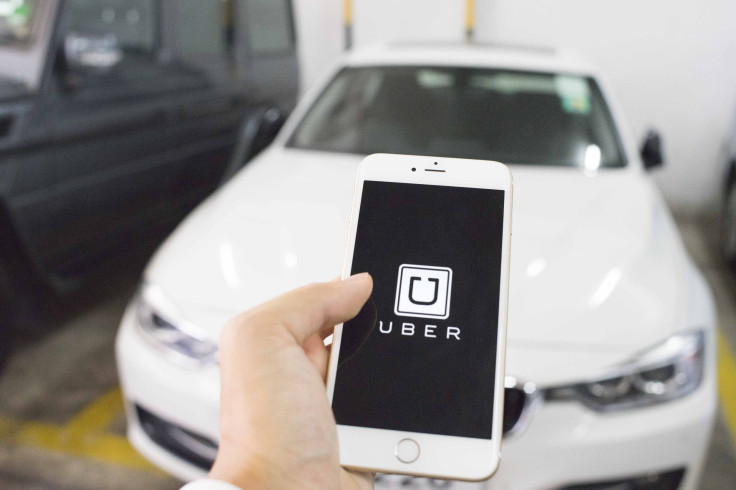Uber Growth Hits A Speed Zone

Growth continues to slow at Uber Technologies (NYSE:UBER), and the world's leading ridesharing service isn't getting any closer to profitability. Uber posted its second-quarter results after Thursday's market close, and Wall Street's initial reaction was to eat into some of its headier gains from earlier in the trading day.
Uber's top-line results rose 14%, to $3.166 billion, for the three months ending in June, with adjusted net revenue growing at a more modest 12% clip. Its business is actually growing a lot faster than what those headline figures suggest, but the need to keep riders and, more importantly, drivers incentivized is eating into its take rate.
Investors aren't buying into Uber for its bottom-line showing, but once again, we see deficits widening. The net loss exploded to $5.2 billion, but the lion's share of that red ink came from a one-time stock-based compensation hit related to May's initial public offering (IPO). Its adjusted earnings before interest, taxes, depreciation, and amortization (EBITDA) deficit did more than double, to $656 million.
Pit stop
Uber shares had rallied 8% on Thursday ahead of the report after smaller rival Lyft (NASDAQ:LYFT)posted blowout financial results. Lyft had posted better-than-expected revenue growth and improving margins, but Uber wasn't able to follow suit. Uber stock initially moved lower following its report, though it was largely just eating into the gains scored earlier in the day as a Lyft sympathy play.
Uber's revenue slowing to 14% may be disappointing, but the platform's popularity is growing at a more acceptable pace. There were 99 million monthly active platform consumers at the end of the second quarter, topping 100 million last month.
Uber's user base has risen 30% over the past year, and engagement is growing. Gross bookings rose 31%, to $15.8 billion, up 37% on a currency-adjusted basis. Uber's fleet of personal mobility and Uber Eats drivers completed 1.677 million trips during the quarter, 35% more than they completed a year earlier.
Uber's business starts to run into challenges when it comes to contribution margin. Heavy promotional activity -- particularly on the Uber Eats end -- is eating into Uber's take. Core platform contribution margin as a percentage of adjusted net revenue has contracted from 14.7% a year ago to 8.2% in the second quarter. Lyft had impressed investors with a widening contribution margin a day earlier, but it doesn't operate outside of North America or offer restaurant delivery, where Uber is making big investments that it expects to pay off in the future.
Uber Eats is still important to Uber, delivering a sticky service that encourages consumers to rely on the Uber ecosystem. Uber Eats is also helping prop up overall top-line results, as the flagship ridesharing business grew its revenue by just 2% on a 20% increase in gross bookings.
Uber results weren't perfect, but it continues to be an industry leader posting double-digit revenue growth in an important and disruptive market.
Rick Munarriz has no position in any of the stocks mentioned. The Motley Fool recommends Uber Technologies. The Motley Fool has a disclosure policy.
This article originally appeared in The Motley Fool.





















